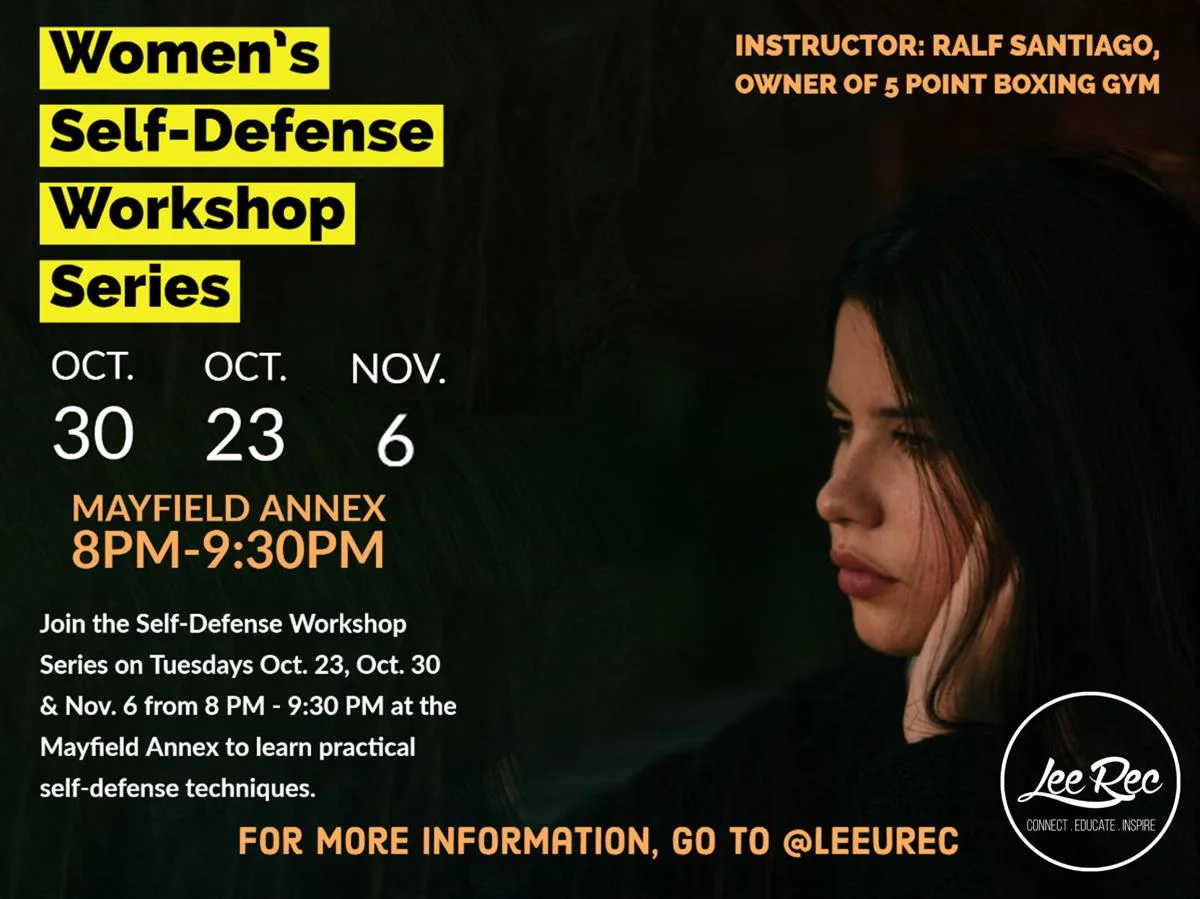OPINION | We should practice greater empathy on social media
Courtesy of Preston Steger, Social Media Manager
Social media might be giving us personality disorders. More specifically, narcissistic personality disorder (NPD).
Most young adults are members of various social media platforms such as Instagram, Facebook, Twitter and Snapchat.
Platforms like Instagram, Facebook and Twitter offer users the ability to share our obviously correct opinions and post photos showing off our glorious faces all while receiving instant gratification in the form of a “like.” Applications such as Snapchat show us how many people have been paying attention to what we are doing, and we can constantly send selfies back in forth in conversation.
It all seems great. We get to show off our lives, speak up about whatever we want to and instantly publish it. After this, we get to watch our phone light up with notifications, likes and comments.
However, this system of gratification isn’t flawless. Recent studies have shown the potential relationship between the use of social media and an increase in persons with narcissistic personality disorder, also known as narcissism.
According to Mayo Clinic’s official website, narcissism “is a mental condition in which people have an inflated sense of their own importance, a deep need for excessive attention and admiration, troubled relationships, and a lack of empathy for others.”
This mental condition has seen an increase as of late. According to the official Addiction Hope website, one study suggests “that the incidence of NPD had more than doubled in the US in the prior 10 years, and that 1 in 16 of the population have experienced NPD.”
Facebook or Twitter could be blamed for this increase in NPD among individuals. Facebook launched in 2004, five years before this study, while Twitter started up in 2006, three years before the study.
After comparing the symptoms of narcissistic personality disorders with the behaviors and thought processes that occur while people use social media, one can see a relationship. For instance, we post selfies, portraits and thoughts as if we are so important that we have to let everyone know what we are doing, pondering or wearing.
The reason we post is often to get “likes” or notifications, to bring ourselves to the attention of viewers. We fuel our need for excessive attention, which can lead us to adopting narcissistic tendencies.
According to an article published in the journal Personality and Individual Differences, the likelihood of developing narcissism increases with the use of Facebook. Since Twitter and Instagram are similar to Facebook in their functions and purpose, it would make sense that all social media can cause a rise in narcissistic symptoms.
In order to combat these effects, it’s important for members of social media to be conscious of how and why they are posting. Julie Zingaropoli, a writer with a bachelor’s in psychology, suggests practicing empathy online and offline while also maintaining a healthy self-esteem. It is possible to use social media without becoming a narcissist, as long as self-awareness is pursued.



